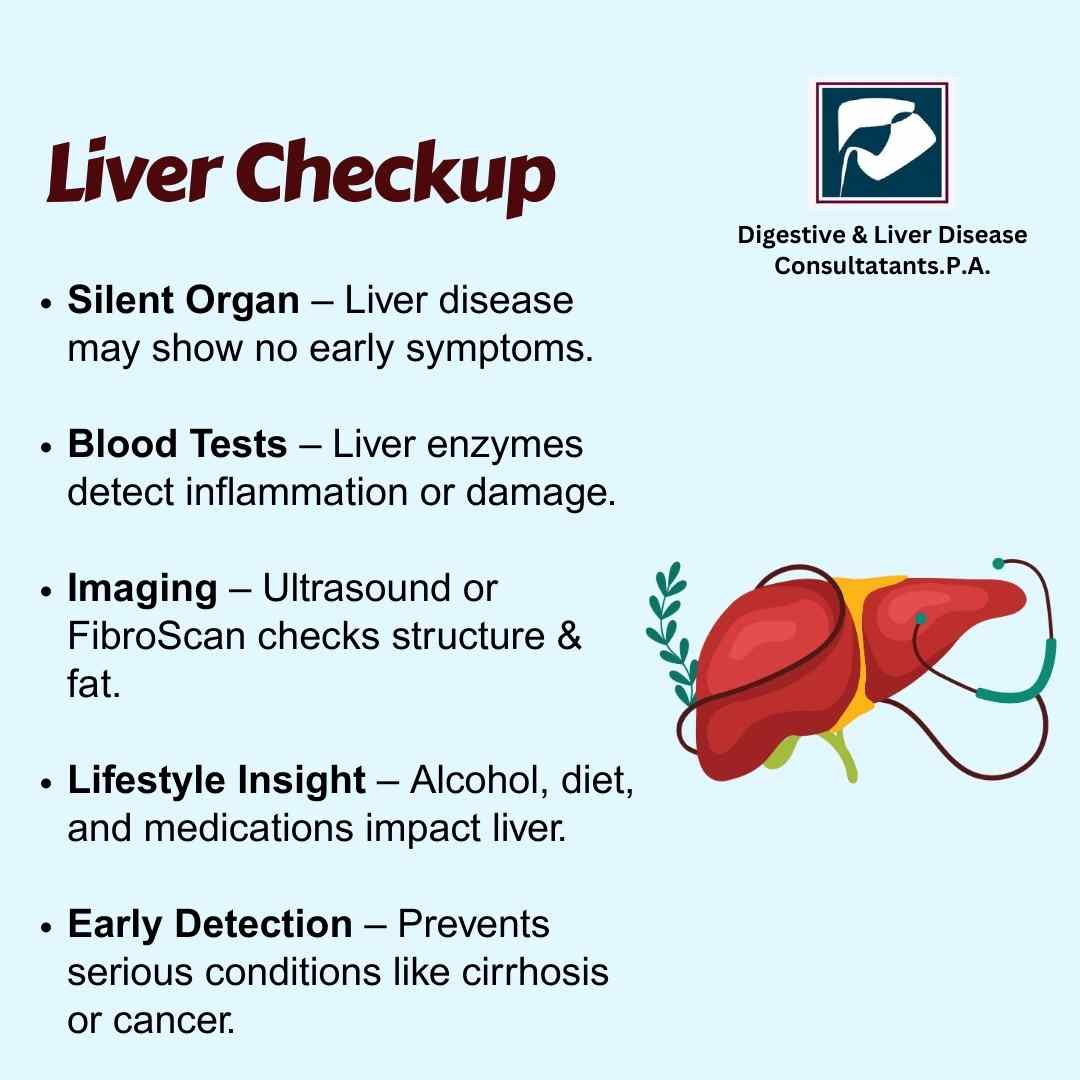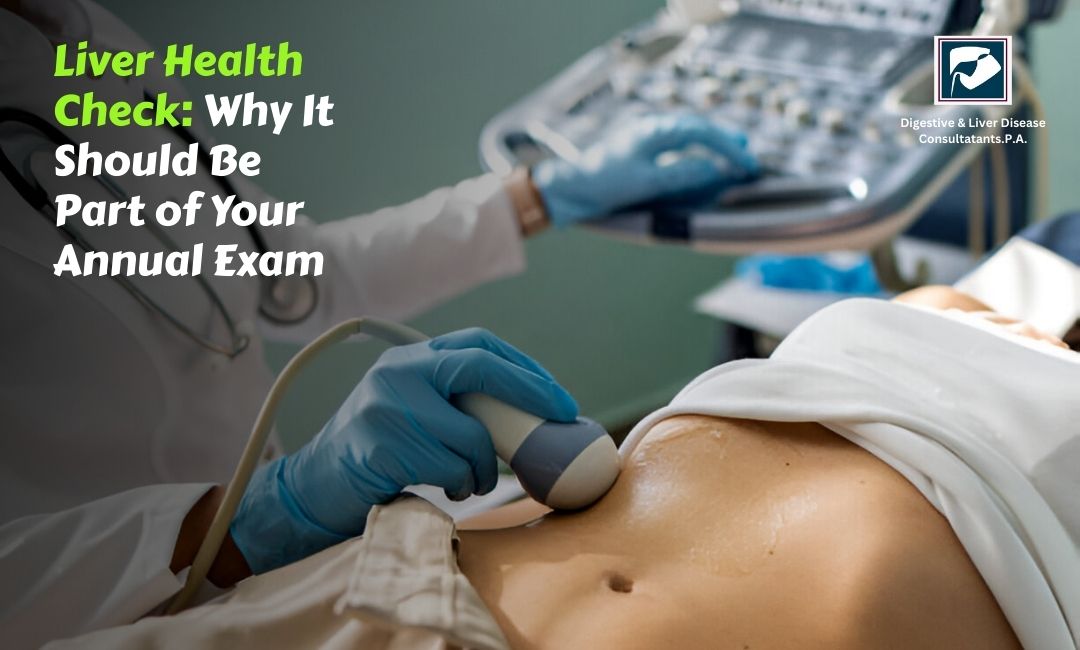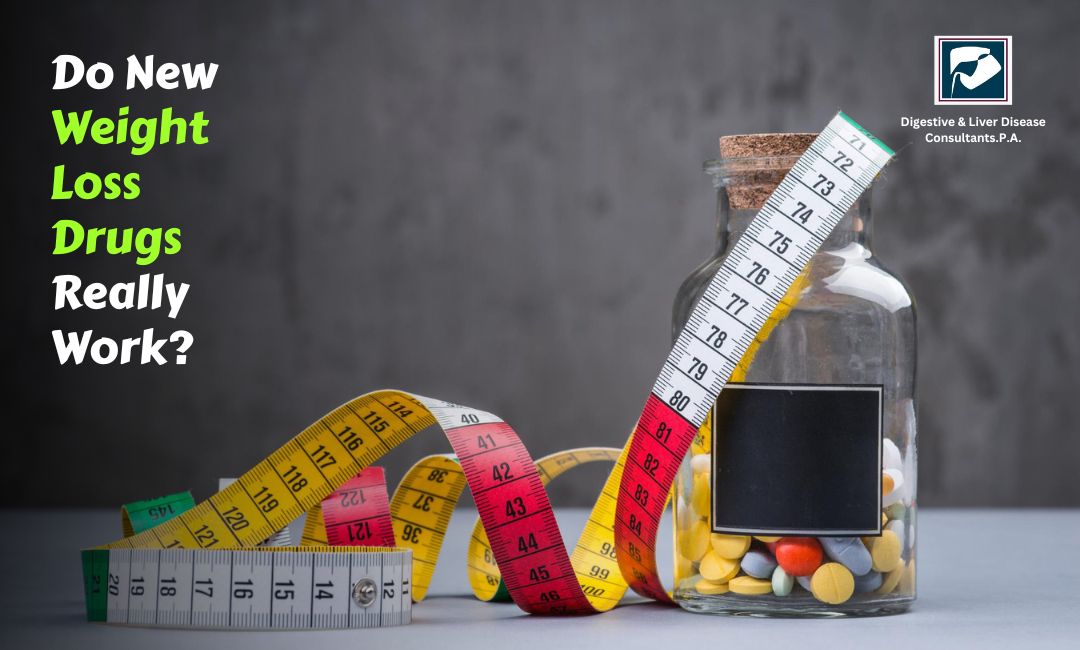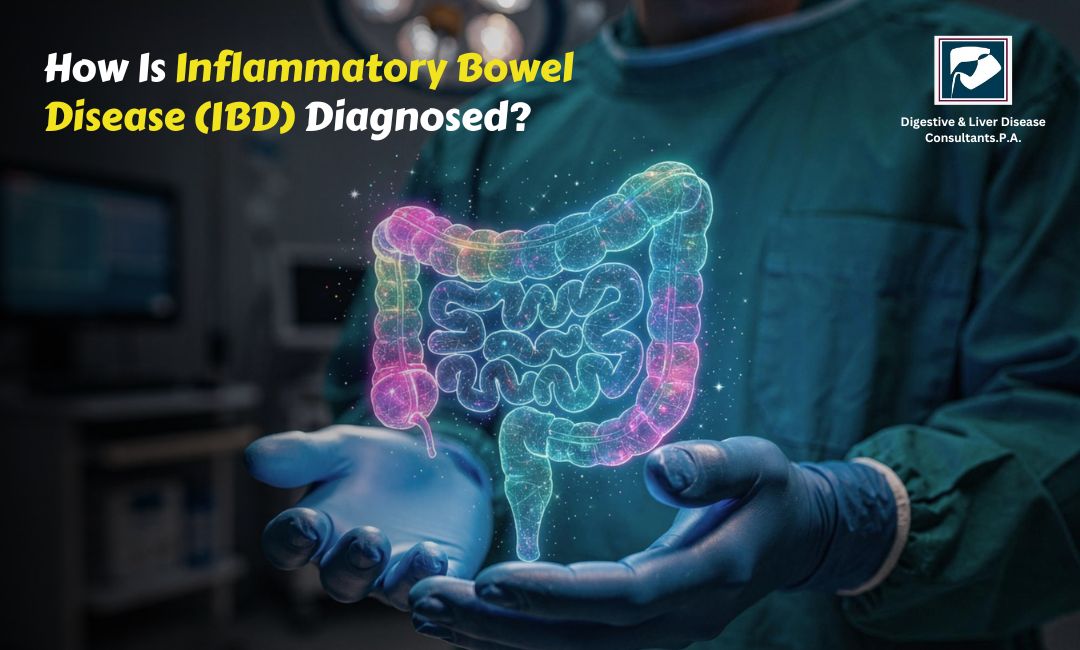When it comes to staying healthy, most people think about regular blood pressure checks, cholesterol tests, or heart screenings. But there’s one vital organ that often gets overlooked during routine exams — the liver. Your liver works quietly in the background, filtering toxins, supporting digestion, storing nutrients, and helping your body function at its best. Despite its importance, many people are unaware of how crucial a liver health check can be in preventing serious health issues.
In this blog, we’ll explore why a liver health check should be part of your annual exam, the signs of liver trouble you should never ignore, and how regular screenings can protect your long-term health.
Why Your Liver Deserves More Attention
The liver is the largest internal organ in the human body. It plays over 500 roles in keeping you healthy, including:
- Detoxification: Filtering out harmful substances like alcohol, drugs, and environmental toxins.
- Metabolism: Breaking down food and converting it into energy.
- Nutrient storage: Storing vitamins, minerals, and glucose for when your body needs them.
- Bile production: Helping digest fats and absorb essential nutrients.
Because the liver can regenerate itself, it often shows no symptoms of damage until problems become severe. This is why liver diseases like fatty liver disease, hepatitis, or cirrhosis are often diagnosed late. Regular liver health checks are the best way to catch problems early, when they are most treatable.

Common Liver Conditions Detected in Screenings
A liver health check as part of your annual exam can reveal many hidden conditions. Some of the most common include:
Fatty Liver Disease: A growing problem in the United States, especially linked to obesity, diabetes, and poor diet. If untreated, it can progress to liver inflammation and scarring.
Hepatitis: Viral infections such as hepatitis B and C can silently damage your liver for years. Early detection is key for treatment.
Alcohol-Related Liver Disease: Excessive alcohol use can cause liver inflammation and cirrhosis.
Liver Fibrosis and Cirrhosis: Long-term scarring that can eventually lead to liver failure.
Liver Cancer: Routine checks can help detect cancer early, improving survival rates.
Why Annual Liver Health Checks Matter
Skipping a liver health check during your annual exam can mean missing out on the chance to spot problems early. Here’s why these checks are so important:
Silent Symptoms: Most liver diseases do not cause noticeable symptoms until the damage is advanced. By then, treatment becomes more complicated.
Early Intervention: A simple blood test called a liver function test (LFT) can reveal early damage before it progresses.
Prevention: Identifying risk factors like obesity, high cholesterol, or heavy alcohol use helps you make lifestyle changes before permanent liver damage occurs.
Overall Wellness: A healthy liver supports digestion, immunity, and energy levels, making it vital for your overall well-being.
Who Should Get a Liver Health Check Every Year
While everyone can benefit from regular liver health checks, certain groups are at higher risk and should never skip them. You should ask your doctor about annual liver screenings if you:
- Have a history of heavy alcohol use
- Are overweight or obese
- Have diabetes, high cholesterol, or high blood pressure
- Have a family history of liver disease
- Use certain medications that can affect the liver
- Have been exposed to hepatitis viruses
Experience symptoms like fatigue, yellowing of the skin or eyes, abdominal swelling, or unexplained nausea
What to Expect During a Liver Health Check
A liver health check is simple and usually includes:
Medical History Review: Your doctor will ask about your lifestyle, diet, alcohol use, and family history.
Physical Exam: Checking for signs like abdominal swelling or skin changes.
Blood Tests: Liver function tests (LFTs) measure enzymes, proteins, and bilirubin levels to see how well your liver is working.
Imaging Tests (if needed): Ultrasounds, CT scans, or MRIs may be recommended if there are concerns.
FibroScan: A specialized test that checks liver stiffness, which helps detect scarring or fibrosis.
These tests are quick, minimally invasive, and provide valuable insights into your liver’s health.
How to Keep Your Liver Healthy
In addition to annual liver health checks, you can support your liver with simple lifestyle habits:
Eat a balanced diet: Choose whole foods, fruits, vegetables, lean proteins, and healthy fats.
Limit alcohol intake: Too much alcohol can severely damage your liver over time.
Maintain a healthy weight: Obesity is a leading cause of non-alcoholic fatty liver disease.
Stay active: Regular exercise supports metabolism and liver function.
Practice safe habits: Avoid sharing needles, get vaccinated for hepatitis, and use protection during sex to prevent viral infections.
Take medications responsibly: Follow prescribed dosages and avoid unnecessary over-the-counter drugs that can strain your liver.
Digestive & Liver Disease Consultants, P.A. – Your Partner in Liver Health
At Digestive & Liver Disease Consultants, P.A., we specialize in diagnosing, managing, and treating liver and digestive conditions. Our expert team of gastroenterologists provides personalized care tailored to your needs, from routine liver health checks to advanced treatments for complex liver diseases.
We understand that liver health is often overlooked until symptoms appear. That’s why we emphasize preventive care and early detection. With state-of-the-art diagnostic tools and compassionate care, we are committed to protecting your digestive and liver health at every stage of life.
When to See a Doctor
If you suffer from persistent fatigue, yellowing of the skin or eyes, unexplained abdominal pain, or digestive discomfort, it’s important to seek medical attention right away. These may be early signs of liver trouble.
The doctors at Digestive & Liver Disease Consultants, P.A. are here to help you with comprehensive evaluations and personalized treatment plans to keep your liver and digestive system healthy.
Conclusion
Your liver is one of the hardest working organs in your body, yet it often doesn’t get the attention it deserves. Making a liver health check a part of your annual exam is one of the simplest and most effective steps you can take to protect your long-term health. By detecting potential problems early, you give yourself the best chance at effective treatment and prevention.
At Digestive & Liver Disease Consultants, P.A., we are dedicated to helping you safeguard your liver health. Don’t wait for symptoms to appear — schedule your annual liver health check today and take a proactive step toward a healthier future.






